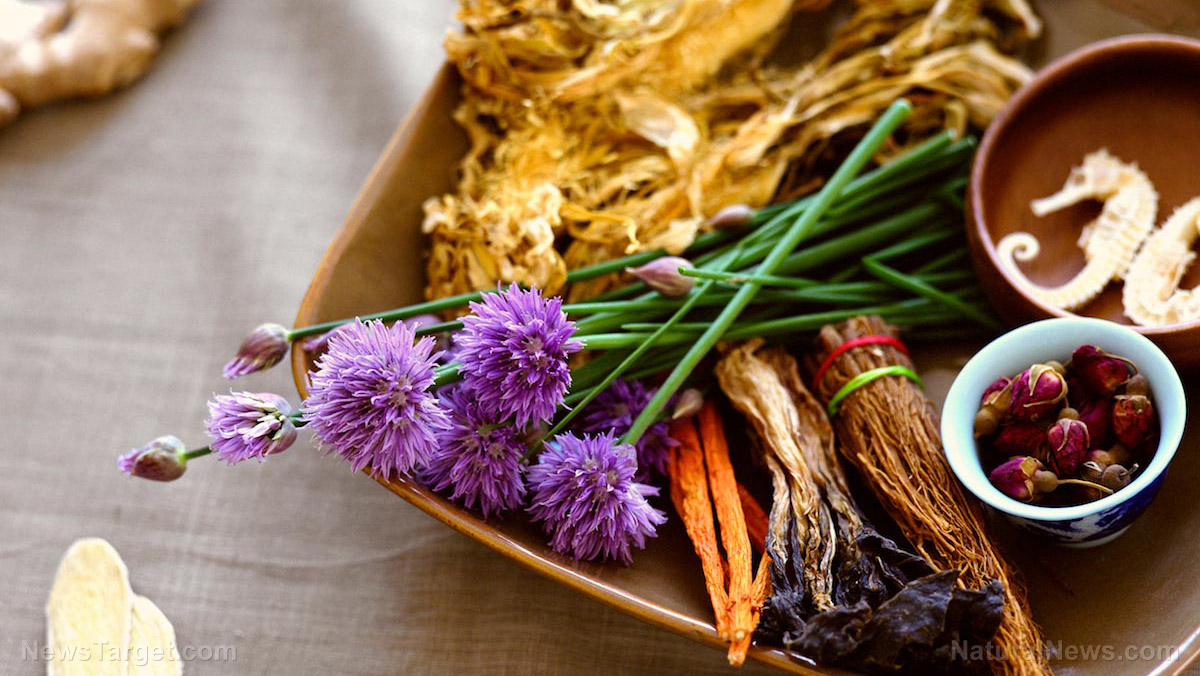
Now, a group of scientists from Mexico has released the results of their study concerning the healing properties of the paradise tree, also called "Aceitillo," a tree native to the country.
The genus Bursera is made up of at least 100 species distributed from the south of the U.S. to Peru. Aside from their aromatic properties, Bursera is used to treat "diarrhea, fever, gingivitis, cough, and measles." (Related: More “folk medicine” holds up under scientific scrutiny: The fruit of an evergreen tree in Bangladesh found to reduce fever, pain, inflammation.)
The chemical profile of the genus Bursera includes "essential oils, triterpenes, steroids, bilignans, podophyllotoxin-like lignans, and flavonoids." In the phytochemical studies of B. morelensis, two lignans with cytotoxic activity were identified along with terpenoids in the volatile fraction from the bark.
Although Mexico has a large diversity of Bursera species, the studies are very limited. The relationship between the antimicrobial activity and the chemical composition of the essential oil of B. morelensis is detailed in this study for the first time.
For this study, B. morelensis was obtained from San Rafael, Coxcatlan, Puebla, in Oct. 2013. San Rafael is a village in the municipality of Coxcatlan and located southeast of the Tehuacan-Cuicatlan Valley. The study involved a "phytochemical and antimicrobial investigation of the essential oil of B. morelensis." The researchers obtained essential oil from the plant via a steam distillation method and it was analyzed using gas chromatography–mass spectrometry (GC-MS) to determine the antibacterial and antifungal properties of the paradise tree.
Based on the test results, paradise tree essential oil contains 28 compounds. The principal compound of the essential oil was ?-Phellandrene (32.69 percent), and the essential oil had antibacterial activity against Gram positive and negative strains. The most sensitive strains were S. pneumoniae, V. cholerae., and E. coli. The essential oil was "bactericidal" for V. cholera, and it inhibited all the filamentous fungi.
The chemical composition of the essential oils influences their antimicrobial activity and while the most abundant compounds often determine "an oil’s biological and biophysical properties," it is possible that the activity of the principal compounds is somehow controlled by minor compounds. There is also the chance that various compounds in the essential oil can affect its fragrance, density, color, and the penetration of the cell wall.
The antifungal activity of the B. morelensis essential oil also inhibited five of the strains tested. F. moniliforme was the most sensitive strain to the essential oil, with 66.67 percent of growth inhibition. The antifungal activity of the essential oil is caused by the alteration of the cell membrane, and terpenes, in particular, "inhibit the respiration and ion transport processes."
Based on the results of the study, the essential oil of B. morelensis contains various compounds that can indeed help heal wounds and treat infections as evidenced by its use in Mexican folk medicine.
Natural remedies for treating wounds
Aside from the essential oil of the paradise tree, here are other effective natural remedies that you can use to treat wounds:
- Honey – Raw honey helps speed up the healing process, and it kills off most of the bacteria in wounds. It can also prevent infections.
- Calendula – Calendula is an anti-inflammatory too and has some antimicrobial properties.
- Marshmallow root – Marshmallow root draws out "toxins and other bacteria found in wounds" if used as a poultice.
- Potato - Potatoes have a "gravitational pull" that out infections from any type of wound or abscess.
- Aloe vera - The sap from aloe vera can help treat "cuts, scrapes, and other sores."
You can read more articles about the benefits of essential oils at EssentialOils.news.
Sources include:
Journals.SFU.ca[PDF]
Please contact us for more information.


















